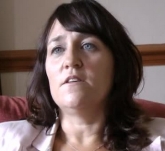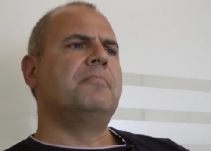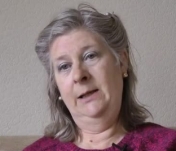
Albert
Albert has been living with depression for many years. He has had 22 courses of ECT, receiving his first course in 1960. However, Albert believes that ECT was the wrong type of treatment for him and thinks it has caused his memory problems.
Albert is retired and describes his ethnic background as Scottish.









